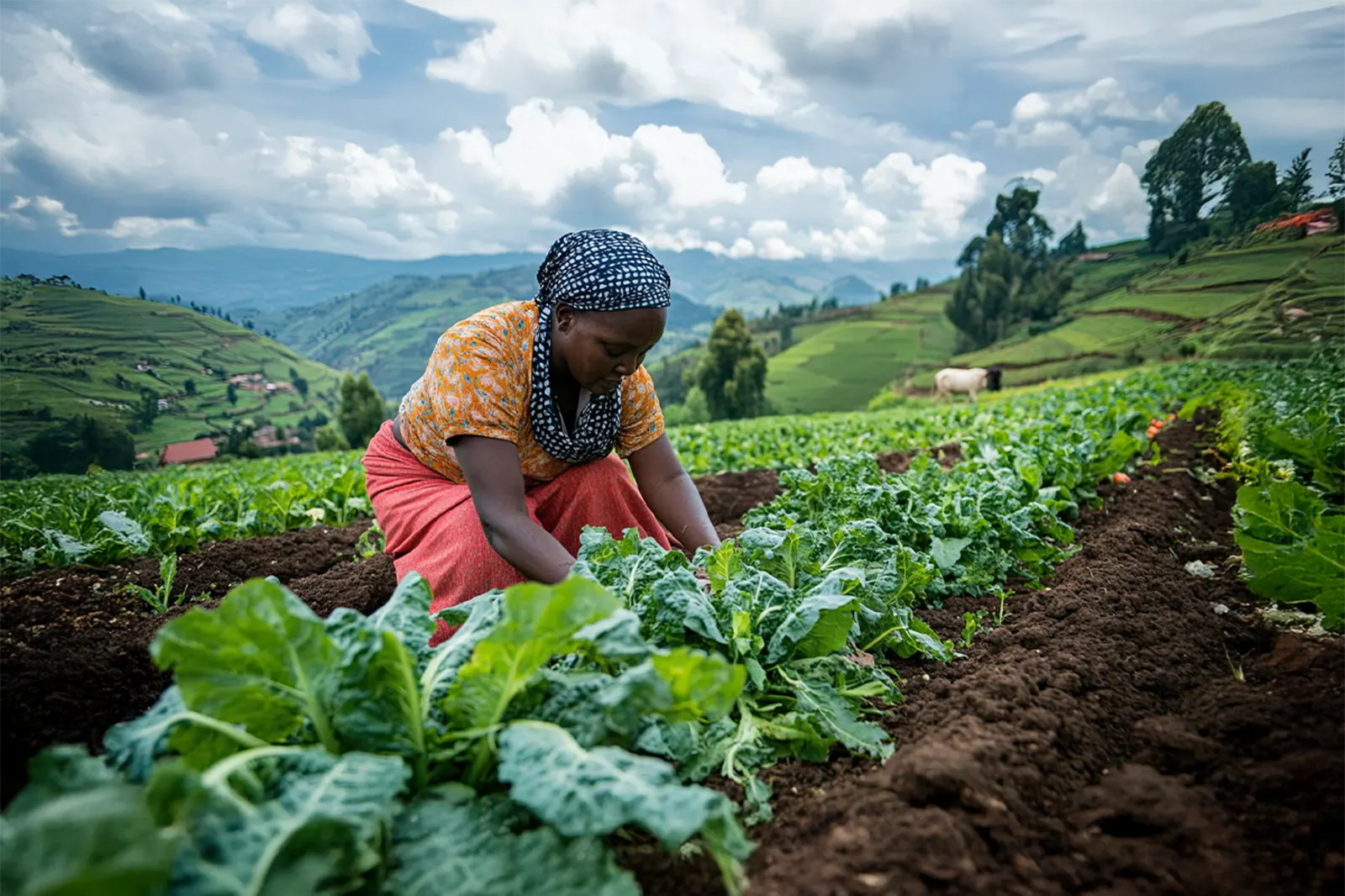Ethiopia, with a population of 105 million, is among the most populous nations globally. Although Ethiopia is a top-performing economy in sub-Saharan Africa, its food insecurity is alarming, as 15.8 million people need food assistance. Agriculture, predominantly made up of smallholder farmers, is the nation’s lifeblood. The sector that contributes nearly 40% to the GDP faces a paradox. These hardworking smallholder farmers, the backbone of the economy, grapple with insurmountable challenges: unpredictable weather, dwindling farmland, and a knowledge gap in modern farming techniques. These farmers risk being left behind in a world increasingly defined by technology. In a country where agriculture sustains livelihoods, the impact of these challenges isn’t just about yields; it’s about survival, about farmer livelihood, about developing climate change resilience, and about national food insecurity.
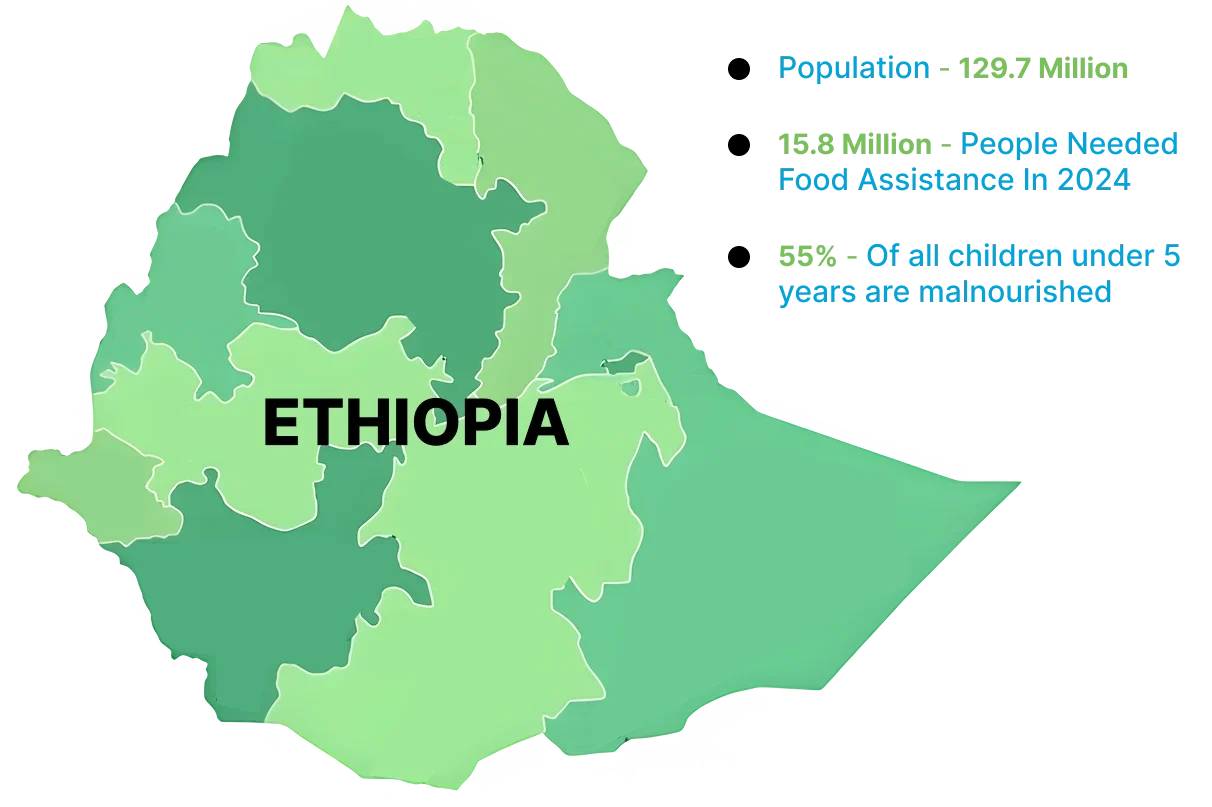
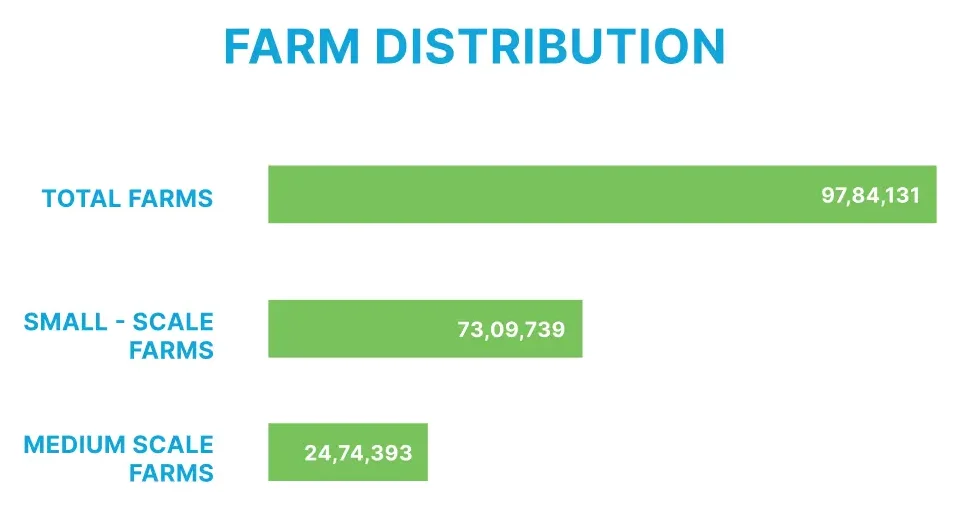
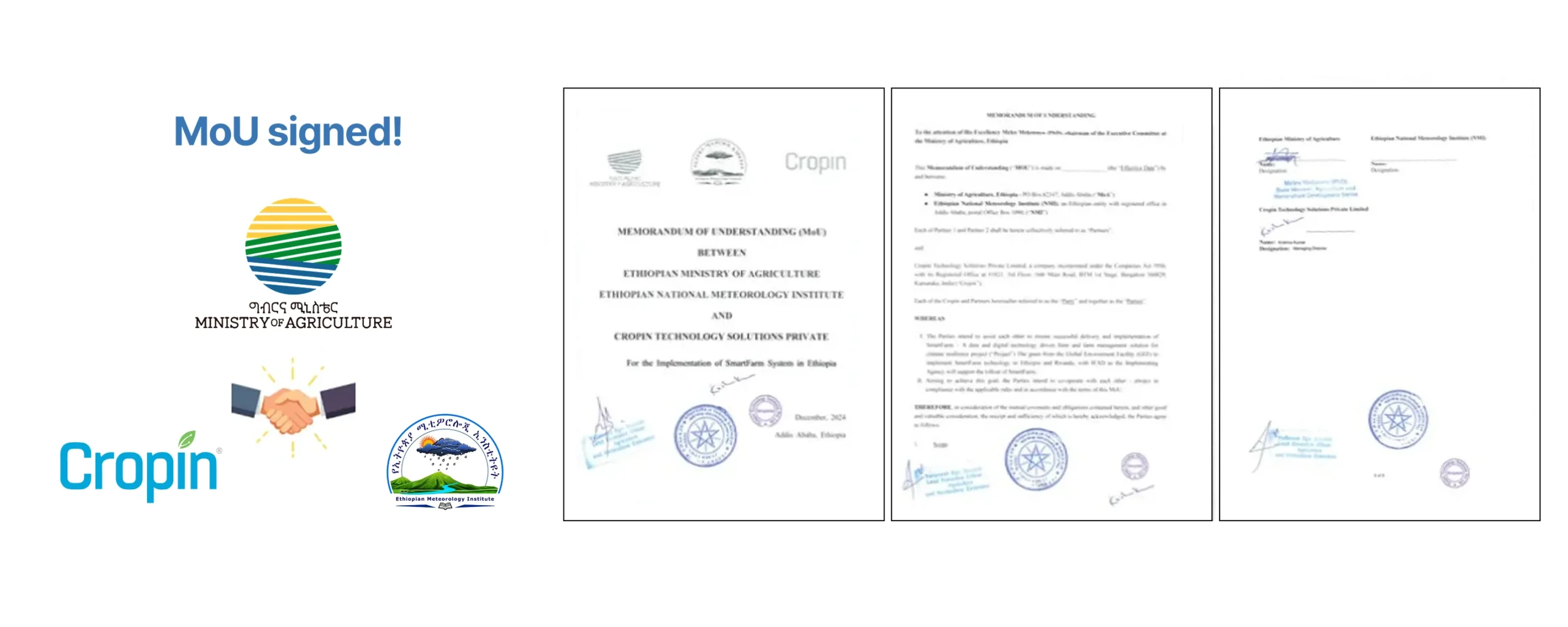
- Adapt to climate change in the climate-impacted world
- Develop economic resilience of smallholder farmers by improving crop productivity through agri & weather advisory services
- Enable financial inclusion of smallholder farmers and digital agri market serv
- Improve the food and nutrition security of Ethiopia
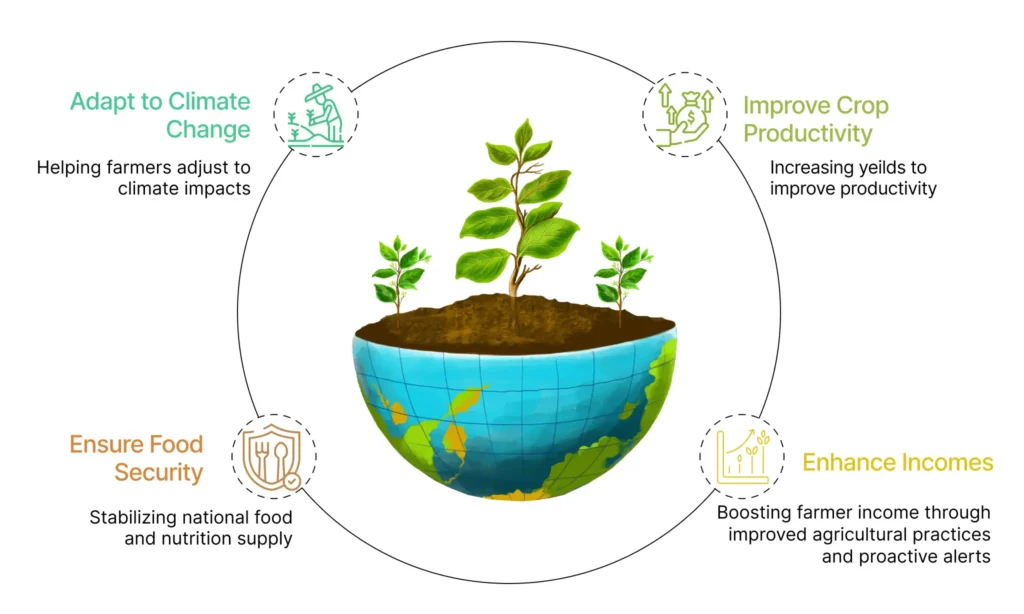
This partnership will bring the entire Ethiopian agriculture ecosystem from smallholder farmers to financial institutions that provide loans to them, under one platform. The project will be implemented in two phases. In Phase I, farmers will be empowered with weather & climate and data-driven agricultural services. The scope of Phase II will cover digital services for agri-financing and market enablement.
How are we doing this?
Our goals
We aim to provide:
Hyperlocal weather intelligence
Disease early warning system (DEWS)
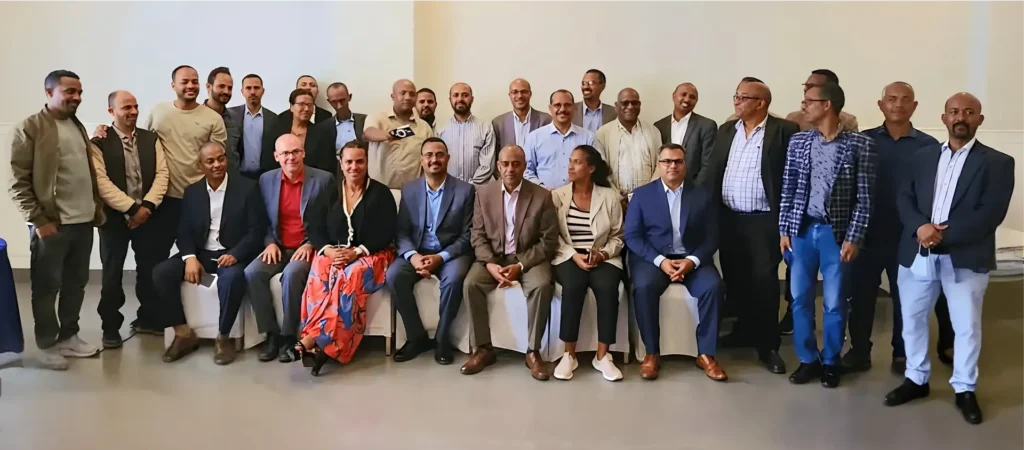
The project was launched with the signing of an MoU between the Ministry of Agriculture, Ethiopia, and the Cropin team.
The process
Author Bio
Prateek Srivastva
Prateek Srivastva is a Vice President at Cropin, a global Agtech leader, bringing over two decades of experience spanning technology, consulting, entrepreneurship, and investment. A seasoned serial entrepreneur, he has successfully established and exited three ventures, including a precision agriculture startup focused on perennial crops across three continents. At Cropin, Prateek is responsible for expanding the company’s presence in the critical EMEA region, managing revenue, investments, and academic partnerships. His extensive expertise in the field has earned him global recognition, with features in esteemed media platforms including Fortune, Forbes, and The Economist.

